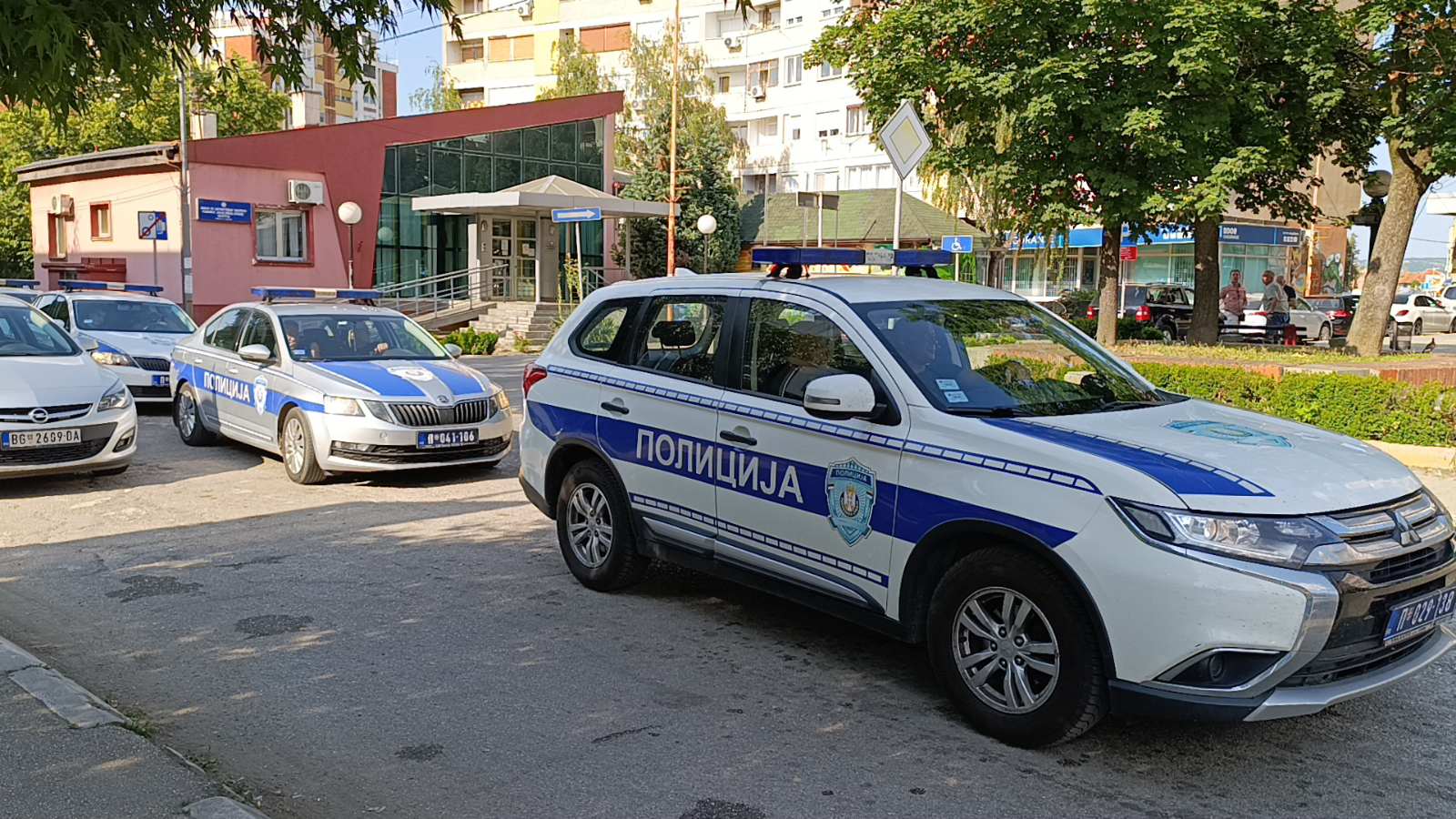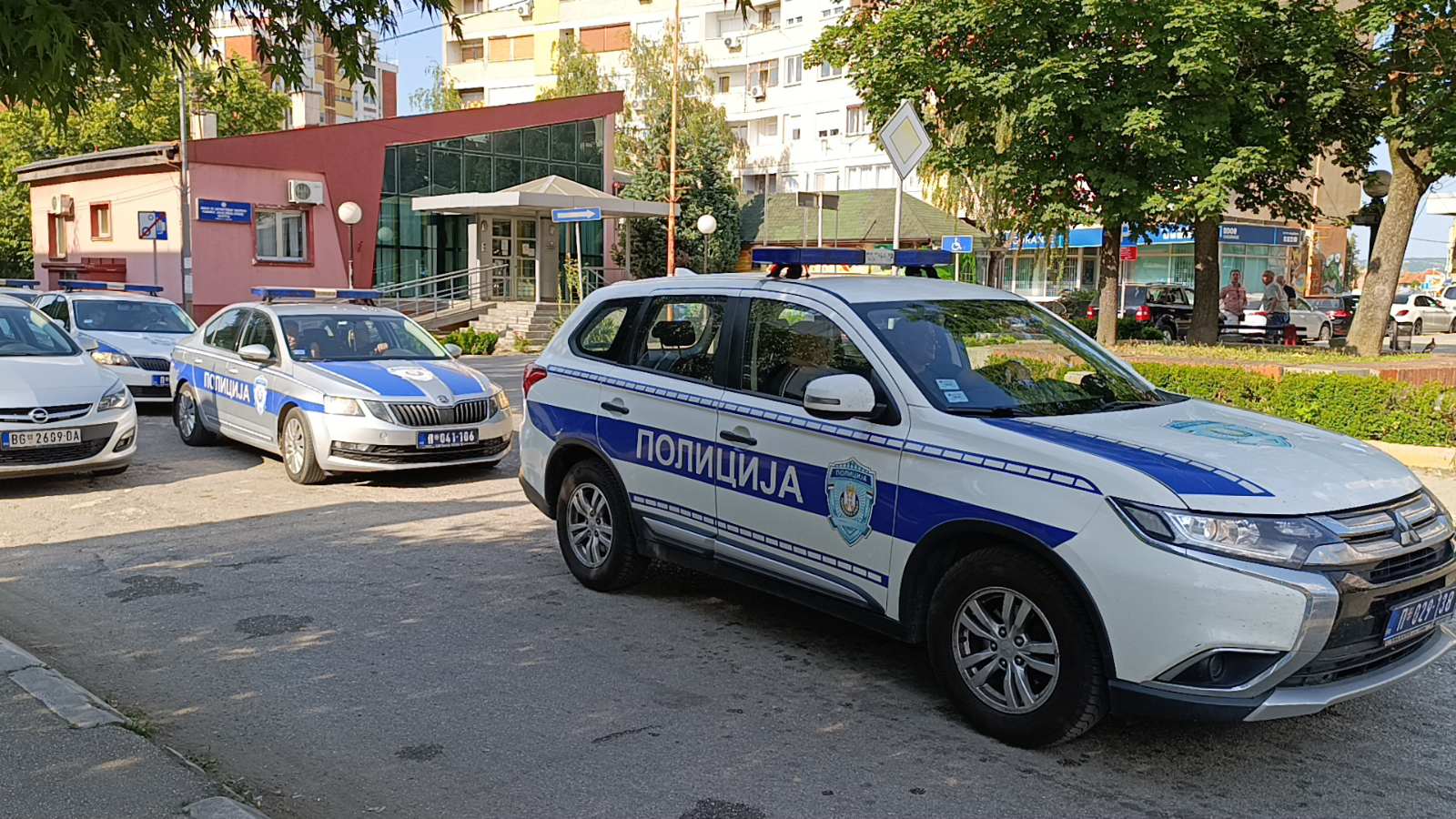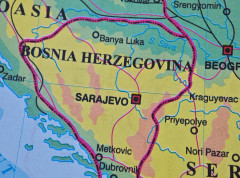The Austrian parliament has finally ratified a crime-fighting agreement with Balkan countries, including Serbia. Yes, you read that right — police forces from Austria, Serbia, Albania, Bulgaria, Montenegro, Hungary, Moldova, Romania, and North Macedonia will now be able to exchange suspect data in real time. Sounds like sci-fi? Nope, it’s real! Thanks to this international agreement, automatic comparison of DNA and fingerprints found at crime scenes, as well as vehicle registry data exchange, will be possible. Austria previously struggled because it couldn’t share such data with non-EU countries, but that’s history now. Plus, Austrian police already have the technical infrastructure and plan to gradually include all signatory countries.
Why does this matter? Well, similar agreements within the EU, known as Schengen 3, have skyrocketed solved cases of serious crimes like murders, sexual offenses, and armed robberies. Austria, for example, solved 14 old “cold” murder cases thanks to data sharing with other EU members. Now they hope to achieve the same with Balkan countries.
Austria’s Interior Minister Gerhard Karner is pumped: “Cross-border cooperation is essential in fighting organized crime. Our investigators will be able to exchange suspect data with Balkan countries much faster and with fewer complications. This way, we can kick internationally wanted killers, smugglers, and drug dealers out of the game even faster.”
Of course, all this will happen under the highest data protection standards, because nobody wants citizens’ privacy to become public property. But will this agreement truly revolutionize crime fighting or just become another dead letter? Austria has taken the first step, and Serbia and other Balkan countries now have the chance to prove how serious they are.
If you think this is just another international cooperation story that will be forgotten soon, you might be right. But hey, at least now we know there’s a plan and something’s moving. What about you? Do you believe this deal will really help bring criminals to justice, or is it just another political game? Drop a comment and let’s see who’s optimistic and who’s skeptical!












